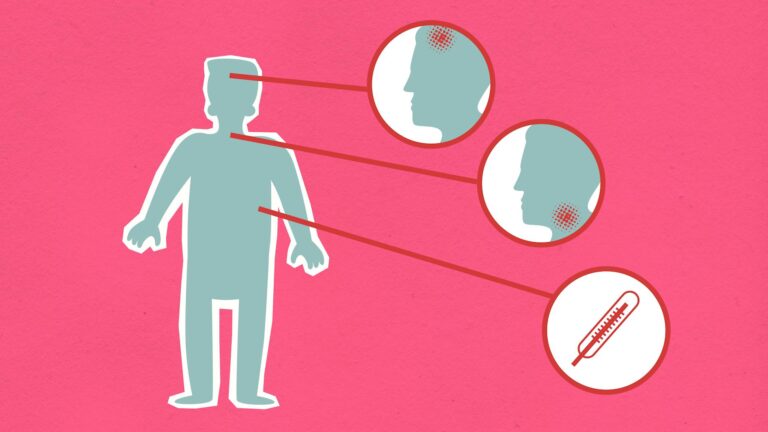Neurocognitive disorders, also known as dementia, refer to a group of conditions that affect a person’s cognitive function, including memory, thinking, and learning. These disorders can have a significant impact on a person’s daily life and can make it difficult for them to perform everyday tasks.
One specific type of neurocognitive disorder is r41 9 unspecified neurocognitive disorder. This condition is not as well-known as other types of dementia, but it is important to understand its symptoms, causes, and treatment options.
What is r41 9 unspecified neurocognitive disorder?
R41 9 unspecified neurocognitive disorder is a type of dementia that falls under the category of “unspecified” because it does not fit into any of the well-defined subtypes of neurocognitive disorders. It is often used as a diagnosis when the specific type of dementia cannot be determined.
Causes of r41 9 unspecified neurocognitive disorder:
The exact cause of this type of dementia is still unknown. However, it is believed to be caused by a combination of genetic, environmental, and lifestyle factors. Some potential causes include:
1. Age: Like other types of dementia, r41 9 unspecified neurocognitive disorder is more common in older adults. As we age, our brains undergo natural changes that can affect our cognitive function.
2. Genetics: There may be a genetic component to this disorder, as certain genes have been linked to an increased risk of developing dementia.
3. Traumatic brain injury: A severe head injury can sometimes lead to the development of neurocognitive disorders.
4. Chronic health conditions: People with chronic health conditions such as diabetes, high blood pressure, or heart disease may have an increased risk of developing this type of dementia.
Symptoms of r41 9 unspecified neurocognitive disorder:
The symptoms of this type of dementia are similar to those of other neurocognitive disorders, but they may vary from person to person. Some common symptoms include:
1. Memory loss: This may manifest as forgetting important dates or events, difficulty remembering new information, or repeating the same questions.
2. Difficulty with problem-solving and decision-making: People with r41 9 unspecified neurocognitive disorder may have trouble performing tasks that require planning, organization, and decision-making.
3. Changes in behavior and mood: This may include changes in personality, increased irritability, and difficulty controlling emotions.
4. Language difficulties: People with this disorder may struggle to find the right words or have trouble understanding others.
5. Confusion and disorientation: This can lead to getting lost in familiar places or being unaware of the time and date.
Treatment options for r41 9 unspecified neurocognitive disorder:
Unfortunately, there is currently no cure for this type of dementia. However, there are treatment options available that can help manage symptoms and improve quality of life. These may include:
1. Medications: Certain medications, such as cholinesterase inhibitors, can help improve cognitive function and manage behavioral symptoms.
2. Therapy: Cognitive-behavioral therapy (CBT) can be beneficial in managing mood and behavior changes in people with this disorder.
3. Lifestyle changes: Adopting a healthy lifestyle, including regular exercise and a balanced diet, can help slow the progression of this disorder.
4. Support groups: Joining a support group can provide emotional support and practical advice for both individuals with the disorder and their caregivers.
Conclusion:
R41 9 unspecified neurocognitive disorder is a type of dementia that is not well-understood and often used as a diagnosis when the specific type of dementia cannot be determined. It is important to recognize the symptoms and seek medical attention early on to manage symptoms and improve quality of life. While there is currently no cure for this disorder, there are treatment options available that can help individuals live a fulfilling life despite the challenges of this condition. With a better understanding of r41 9 unspecified neurocognitive disorder, we can work towards improving care and support for those affected by this condition.





